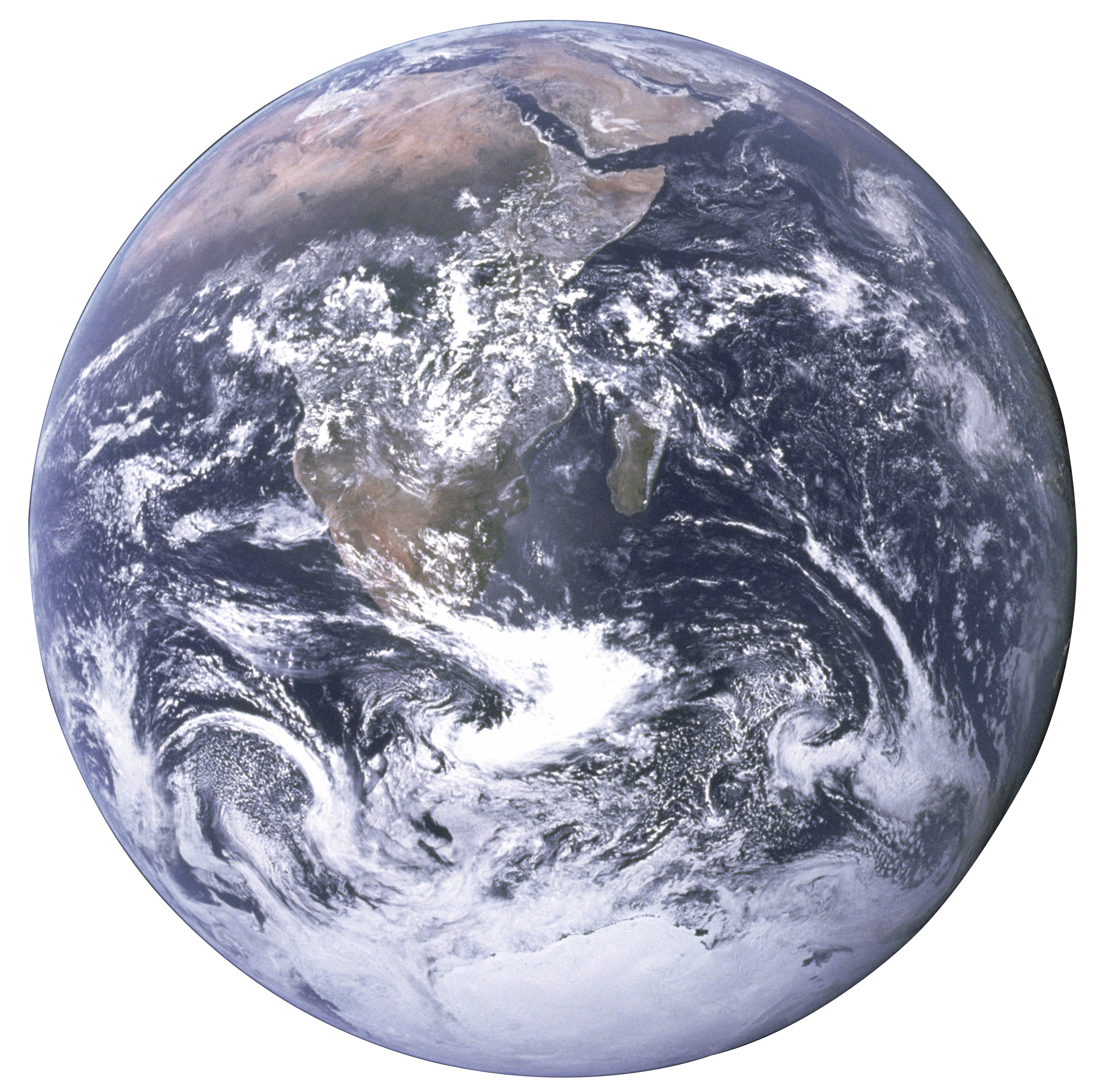
Polluter pays principle
In environmental law, the polluter pays principle is enacted to make the party responsible for producing pollution responsible for paying for the damage done to the natural environment. This principle has also been used to put the costs of pollution prevention on the polluter. [1] It is regarded as a regional custom because of the strong support it has received in most Organisation for Economic Co-operation and Development (OECD) and European Union countries,[2] and has a strong scientific basis in economics. It is a fundamental principle in US environmental law.[3]
Historical basis[edit]
According to the French historian of the environment Jean-Baptiste Fressoz, financial compensation (not named "polluter pays principle" at that time) is already the regulation principle of pollution favoured by industrials in the nineteenth century.[4] He wrote that: "This principle, which is now offered as a new solution, actually accompanied the process of industrialisation, and was intended by the manufacturers themselves."[4]
In modern times, the continued adherence to the polluter pays principle is supported scientifically by economics. One condition that must be satisfied in order to maximise Pareto efficiency is the assignment of all costs of a decision, such as the harm resulting from a decision to pollute, to the agent making the decision, effectively removing all externalities.[5][6]
In international environmental law[edit]
In international environmental law it is mentioned in the principle 16 of the Rio Declaration on Environment and Development of 1992 [22]
Exception for excusable ignorance[edit]
The polluter pays principle (PPP) has been doubted in cases where no one recognized that a type of pollution posed any danger until after the pollution began. An example occurs in the history of climate change science which shows that considerable carbon dioxide was emitted into the atmosphere by industrialized countries before there was scientific awareness or consensus that it could be dangerous.[23]